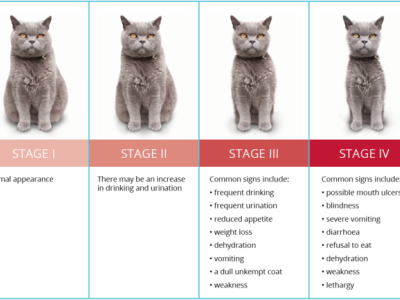Diabetes Mellitus
Diabetes mellitus is a serious medical condition causing a persistently high blood glucose level. Blood glucose levels are modulated my several factor such as stress, diet, exercise and the hormones insulin and glucagons. Insulin allows the glucose to be taken up into the cells of the body. In cats, diabetes is commonly due to a reduction in the production of insulin and/or a reduced sensitivity of the cells of the body to the insulin.
In severe untreated cases, diabetes is a medical emergency. Increased risk factors for cats include obesity, breed predispositions especially oriental type breeds, stress (such as changes in environment, new cats entering the household or illness of another cause) and long term use of some medication such as corticosteroids.
However long term dietary and insulin management can allow excellent glycaemic control and a long, good quality life.
What to look for at home?
- Increased drinking
- Increased urination
- Increased weight loss with an increased appetite
- Urinating abnormally i.e. in different places, on the floor rather than the litter tray
- In severe cases, lethargy, collapse and even death.
If you notice any of these signs please contact your vet and organize a health check.
What can your vet do to diagnose diabetes?
Diabetes in cats is a complicated issue as severe stress, such as a visit to the vets, can cause an elevation in glucose levels. A thorough clinical examination, general blood test including glucose levels and a urinalysis are the starting points to diagnosing diabetes. In cats we commonly also perform a fructosamine assay which helps assess the body’s glucose levels over several weeks, rather than just what their levels are at that point in time. If diabetes is diagnosed, then treatment with insulin injections, a special diabetic specific diet and regular blood glucose testing will be required.
What can you do at home?
- Weight loss can help prevent diabetes. Keeping your cat within normal weight limits is important for their overall health and life expectancy.
- Feed discrete meals rather than allowing grazing. Grazing encourages persistently high blood glucose levels and predisposes to diabetes, obesity and urinary tract problems.
- Reduce stress in the environment. Prevent stray cats entering the yard, provide safe, quiet, elevated areas for your cat to rest/hide, especially when there are strange people in the house or strange noises outside (such as road works), and Feliway – a feline facial pheromone analogue, can assist in calming anxious cats.
- Monitor for signs of diabetes and contact your vet immediately if concerned.

